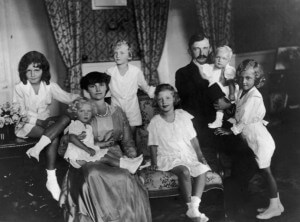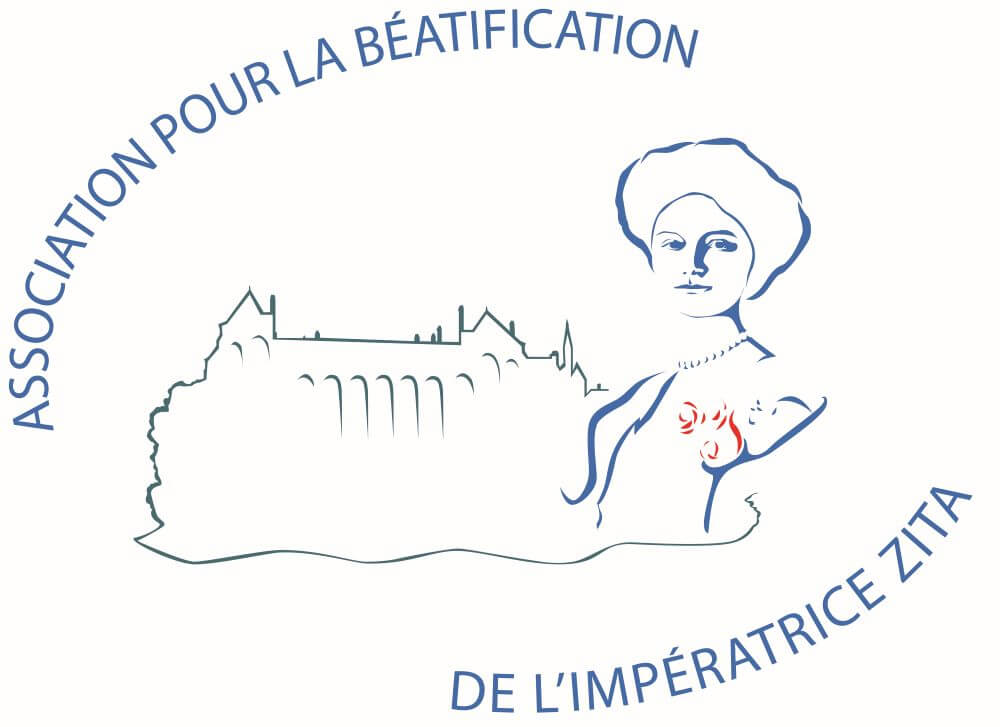A path towards holiness
On the morning of their wedding, 21 October 1011, the bride and groom began their day with Holy Mass. It was at this moment that Charles said to the woman who in a few hours would become his wife, “Now our duty is to help each other go to heaven.“
Zita’s yes in the sacrament of marriage responds to Charles’ wish to make their marriage a path towards holiness. That goal was realized in the simplest things of their married life, as well as in the most serious and difficult moments.
The couple started their honeymoon in Mariazell, a Marian high place of the peoples of the Danube. It is under the protection of Notre Dame that young spouses placed themselves.
[1] Jean Sevillia, The Last Emperor, op. cit., page 33.

Mutual assistance
Mutual assistance starts in their family. They welcome their children with great joy: Otto in 1912, Adelaide in 1914. Robert in 1915 at Schönbrunn, Felix in 1916 at Schönbrunn, Charles-Louis in 1918 at Baden, Rodolphe born on 5 September 1919 at Prangins in Switzerland, Charlotte born on 1 March 1921 at Herstenstein in Switzerland and little Elisabeth born on 31 May at Pardo, in Spain; she never knew her father.
The mutual assistance of spouses is extended in love and service to their peoples. After war broke out, peace and carelessness ended and Charles understood the full meaning of his vocation as an officer. Charles was sent to the front on behalf of the emperor, while Zita showed untiring courage to rescue the wounded, widowed mothers and orphaned children. They saw less of each other but called each other every day. And encouraged each other in their respective tasks.
The crowning
On 21 November 1916, Charles became emperor following the death of Francis Joseph. The crowning in Budapest means that Charles has been invested by the Church, and therefore by God, with a mission that calls him to rule not only over Hungary but also over all its peoples The ceremonial is almost liturgical.
Charles received the crown of Saint Stephen, first king of Hungary on his head. He declared to be the guarantor of justice for all his peoples and vowed to work for peace.
Zita received the crown of Saint Stephen on her right shoulder, a sign that she was to help her husband to carry the heavy burden. The words of the ritual are beautiful:
Receive the crown of sovereignty, so that you may know that you are the king’s wife and must always take care of the people of God. The higher you are placed, the more humble you must be and remain in Jesus Christ.”
Charles knew, in his own words, “that to be a king is not to satisfy an ambition but to sacrifice oneself for the good of the whole people”. From that moment on, the vocation of the spouses became very clear to them, under the gaze of God, even if they did not yet know how they were to respond to it. Providence would reveal it to them
The coronation of Budapest transformed both spouses into servants, and as such they carried out their mission as sovereigns together, but each in the way the mission was entrusted to him and her. Gradually for Charles to the ultimate offering of his life.
[1] Michel Dugast Rouillé, op. cit., page 57.
[2] Ibid., page 62.
After the war and two failed attempts at restoration in Hungary, Charles and Zita were exiled to Madeira. There as Charles died of pneumonia he offered up his life for the reconciliation of his peoples and forgave all those who had betrayed him.
Charles and Zita made their marriage a path toward holiness by being faithful to prayer and the Eucharist which strengthened their faith and acts of charity throughout their short earthly married life.
Without presuming the sovereign judgment of the Church, the Christian life of the couple formed by Charles and Zita of Austria is exemplary. Both causes are distinct. However, Saint John Paul II chose the date of 21 October, the day of their marriage, as the liturgical feast of Blessed Charles.

